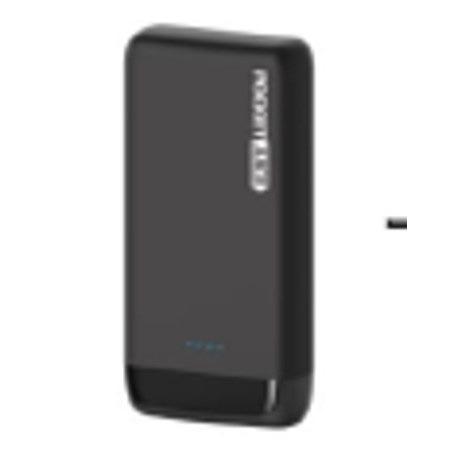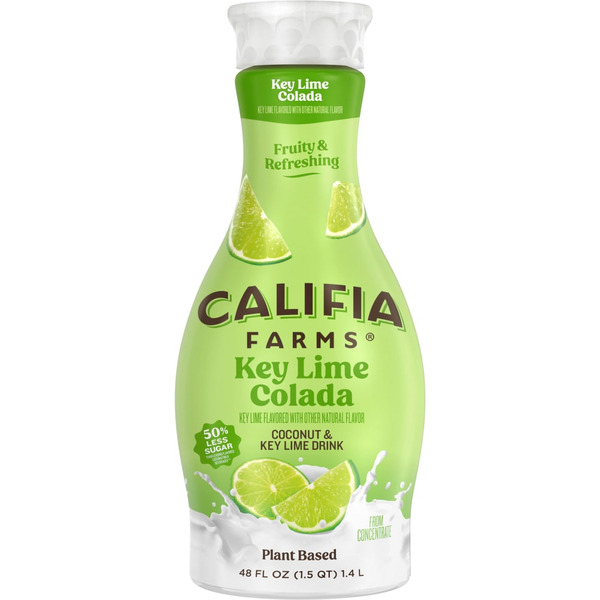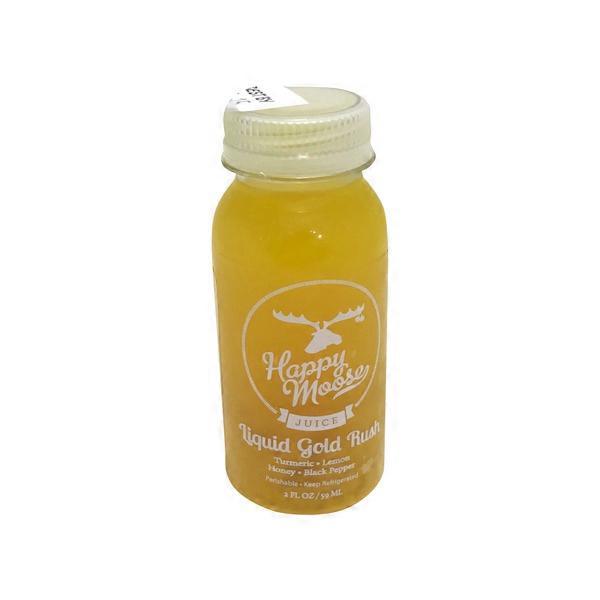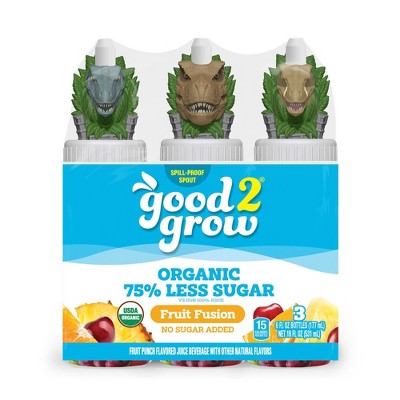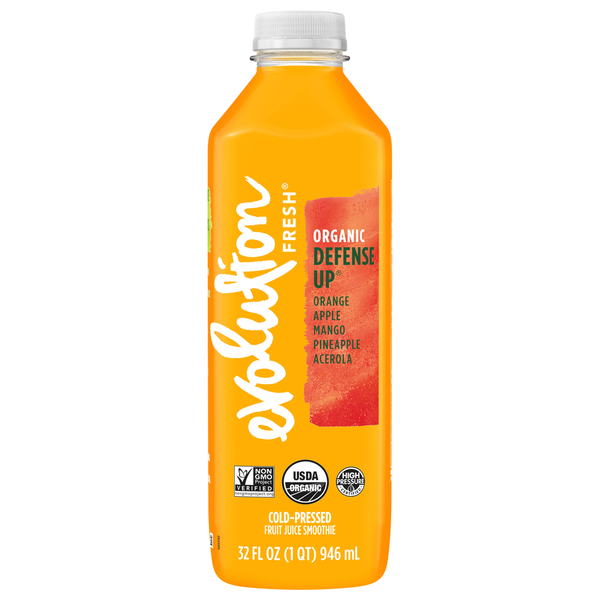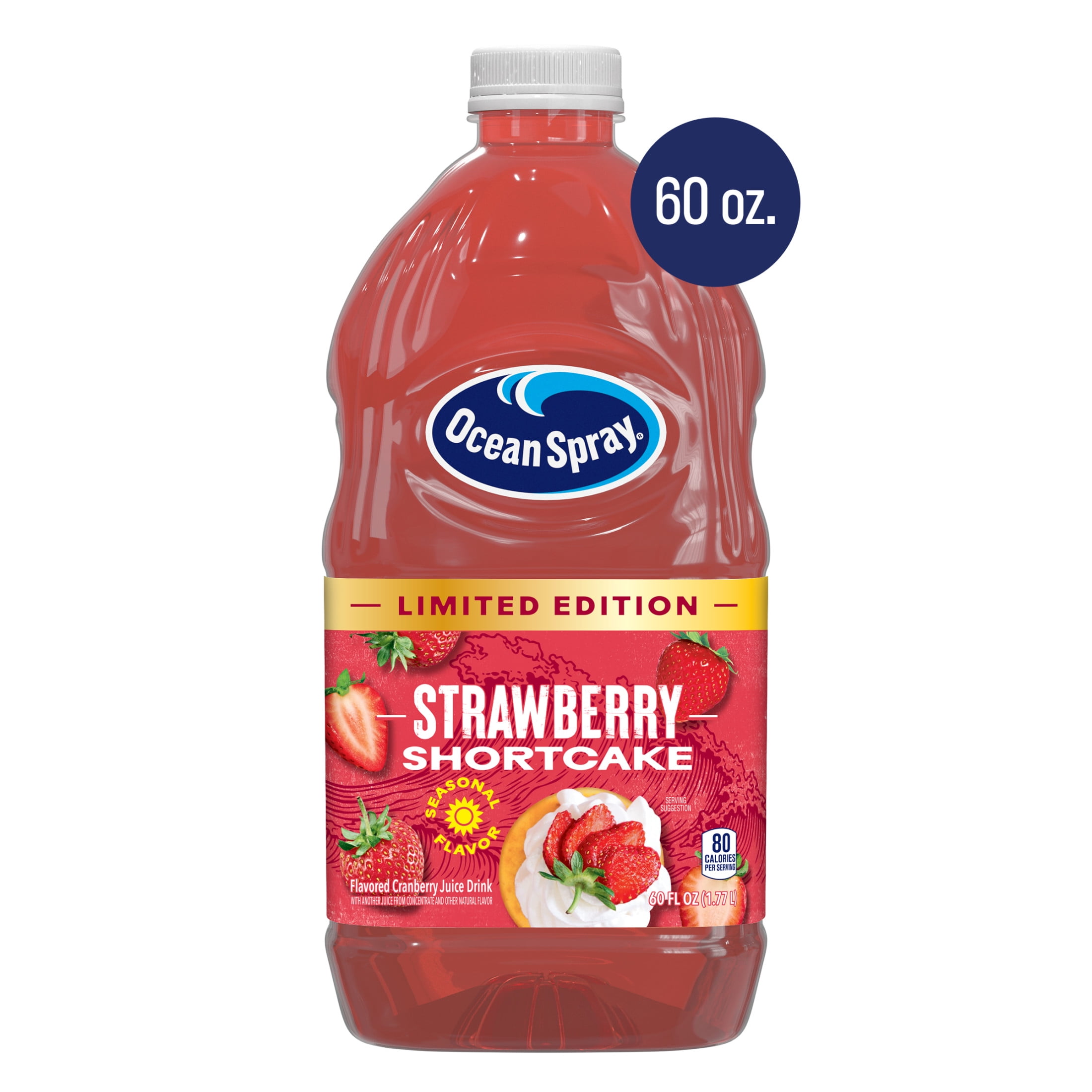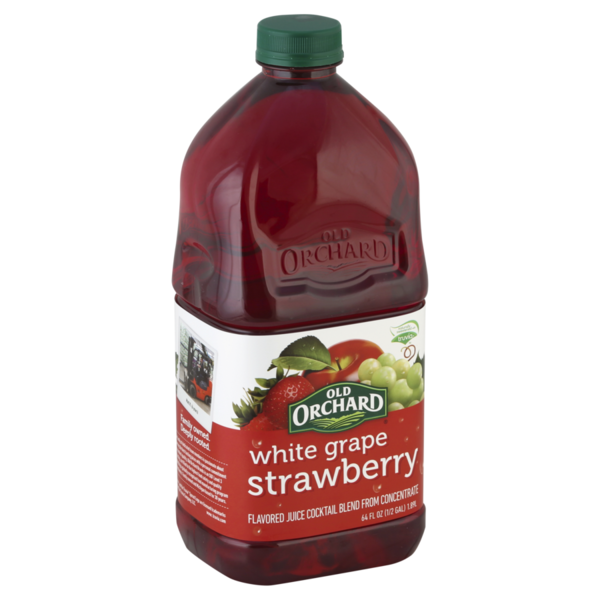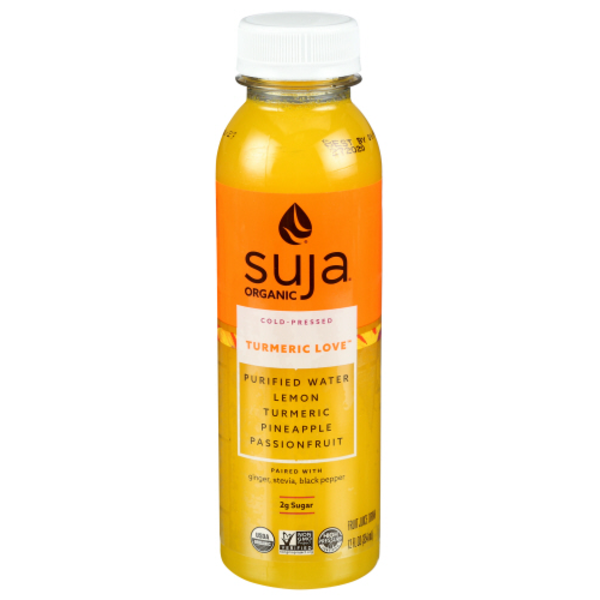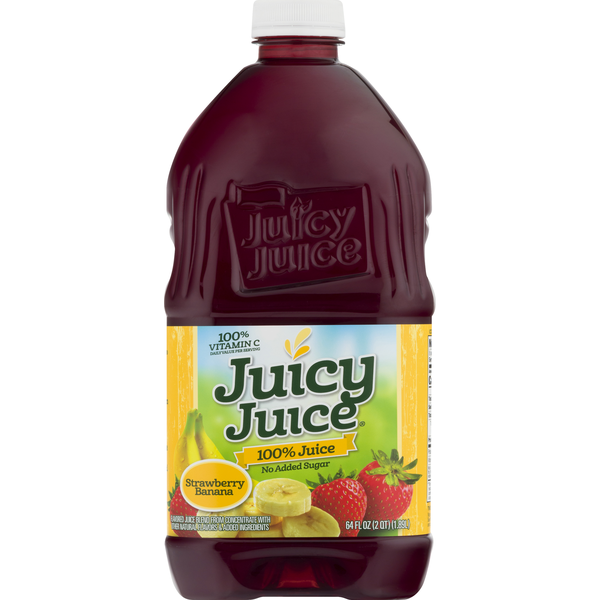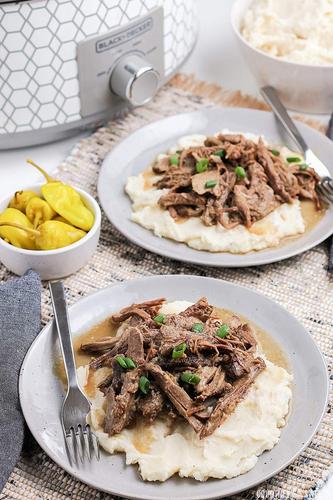BEVERAGES
BREAKFAST AND BRUNCH
COCKTAILS
Juice
Juice is a liquid extracted from fruits or vegetables, typically consumed as a flavorful and nutritious beverage. Rich in vitamins, minerals, and antioxidants, juices offer numerous health benefits while satisfying one's thirst and complementing various dishes. They come in a variety of flavors, ranging from common fruits like apple, orange, and grape to more unconventional options like kale, beetroot, and carrot.
Apart from being an energizing drink on its own, juice serves as a versatile ingredient in smoothies, cocktails, and an array of culinary recipes. Whether freshly squeezed, store-bought, or made with a juicer, incorporating juice into one's diet can elevate the taste and nutritional content of many meals and beverages.
100%
CARBS
0g
FAT
0g
PROTEIN
5,860 Juice Products
20000MAH POCKET JUICE
Califia Farms Key Lime Colada Juice Refresher
Golden Hawaiian Extra Turmeric, Pineapple, Raw Honey, Lemon, Black Pepper Juice Wellness Shot, Golden Hawaiian Turmeric
good2grow Organic Low Sugar Fruit Fusion Juice - 3pk
Suja Organic Tropical Hydration
Evolution Fresh Organic Defense Up®, Organic, 100% Cold-Pressed Fruit Juice Smoothie, Excellent Source of Vitamin C
Strawberry Shortcake Juice
White Grape Strawberry Flavored Juice Cocktail Blend From Concentrate
Suja Organic Turmeric Love Juice
Juicy Juice Strawberry Banana Juice 100% Juice
Used In 1 Recipe
Juice Is Frequently Used With
Juice FAQ
What are the basic ingredients needed for making juice?
What kind of fruits or vegetables are best for making juice?
What equipment do I need to make juice?
How do I prepare the ingredients for juicing?
Can I substitute or add ingredients to the juice recipe?
How can I adjust the consistency or texture of the juice?
What are some common mistakes to avoid when making juice?
How should I store leftover juice?
Expiration & Storage Tips
When does Juice expire?
Unopened store-bought juice can typically last 1-2 years beyond the printed date if stored properly. However, once it has been opened, you have a small window of 7-14 days to consume it when refrigerated, though it’s best to finish it within the first week. Homemade juices or juices made with a juicer have a significantly shorter lifespan, often only remaining safe and tasty for a day or two in the fridge. Freezing juice is a good way to extend its shelf life; an opened juice can be frozen safely for 3-6 months.
How do you tell if Juice is bad?
Telling if juice has gone bad is usually quite simple. Start by checking for any visible mold or discoloration. Changes in texture or color can indicate spoilage. The smell and taste are also good indicators; if the smell is off or it tastes sour or fermented, it's likely gone bad and safe consumption is not advised.
Tips for storing Juice to extend shelf life
• Always keep juice refrigerated, especially once it's been opened.
• Seal the juice container tightly after each use to keep out bacteria and oxygen, which speeds up spoilage.
• For homemade juices, consume them as soon as possible for peak freshness and nutrition.
• If you can't consume all your juice within a week of opening, consider freezing it into ice cubes for later use in smoothies or cooking.
• Don't store juice in the door of your fridge where the temperature often fluctuates, keep it in the main body of the fridge instead.
EXPIRES WITHIN
5 - 8
WEEKS
Equivalents

Apple Juice

Cherry Juice

Pulp Free Orange Juice

Passion Fruit Juice

Pear Juice

Peach Juice Blend

Blueberry Juice

Cranberry Juice

Grape Juice

Grapefruit Juice

Mango Juice

Orange Juice

Pineapple Juice

Pomegranate Juice
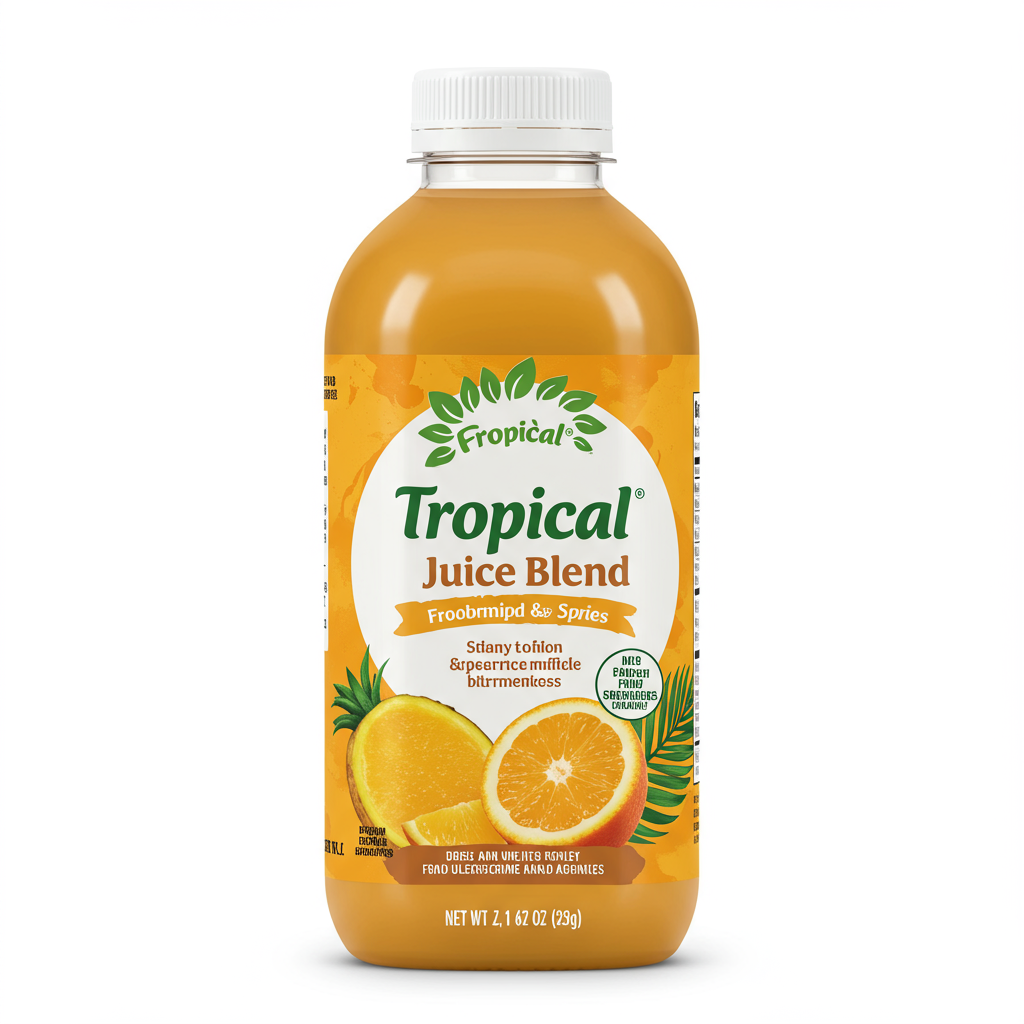
Tropical Juice Blend
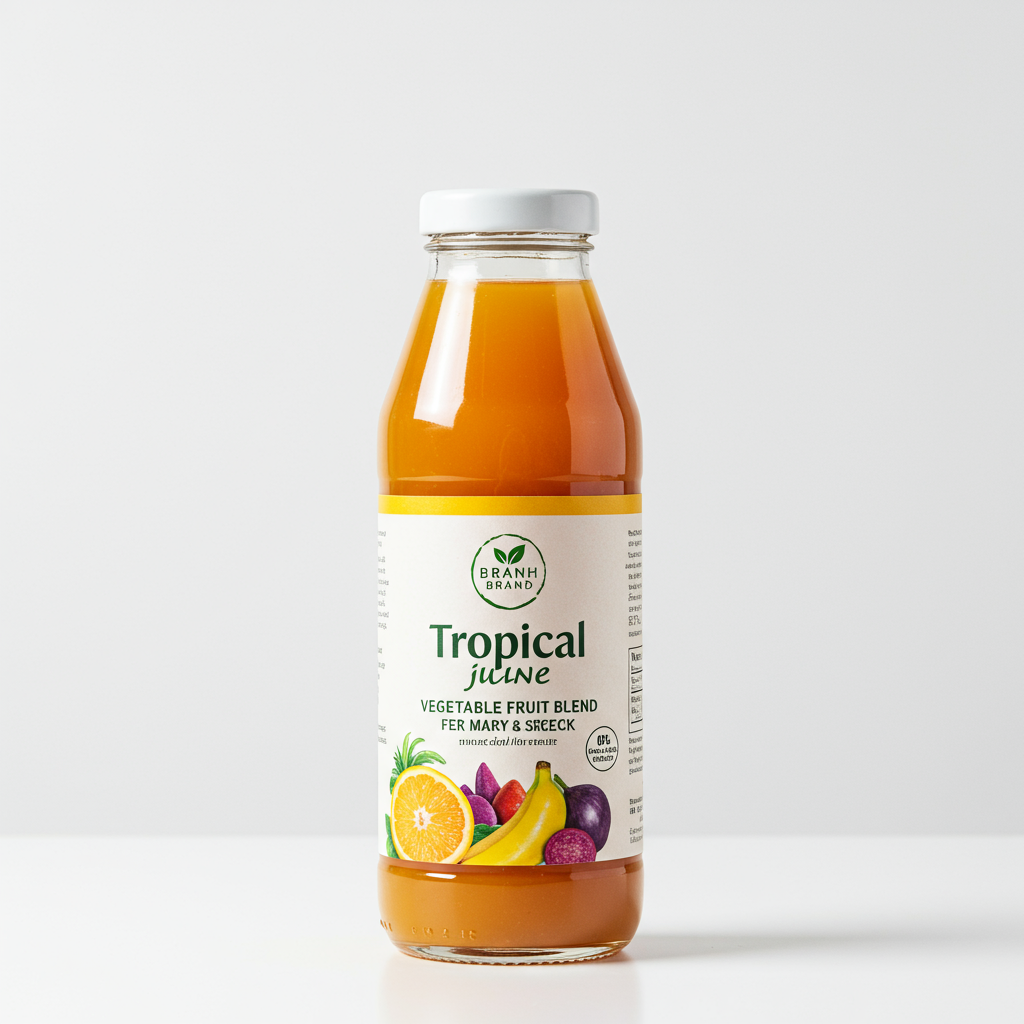
Tropical Vegetable Fruit Juice Blend

Vegetable Fruit Juice Blend

White Cranberry Juice

White Grape Juice
Substitutes

Grape Blend Juice

Cranberry Raspberry Juice

Diet Cranberry Juice

Tangerine Juice

Pineapple Orange Blend Juice

Pineapple Blend Juice

Orange Pineapple Juice

Beet Juice

Blue Juice Blend

Orange Juice Blend
See All
Health Info
Macros
28g
CARBS
0g
FAT
0g
PROTEIN
Allowed on these diets
LOW FAT
HIGH CALCIUM
VEGETARIAN
WHOLE 30
MEDITERRANEAN
LOW CARB
VEGAN
LACTOSE FREE
GLUTEN FREE

